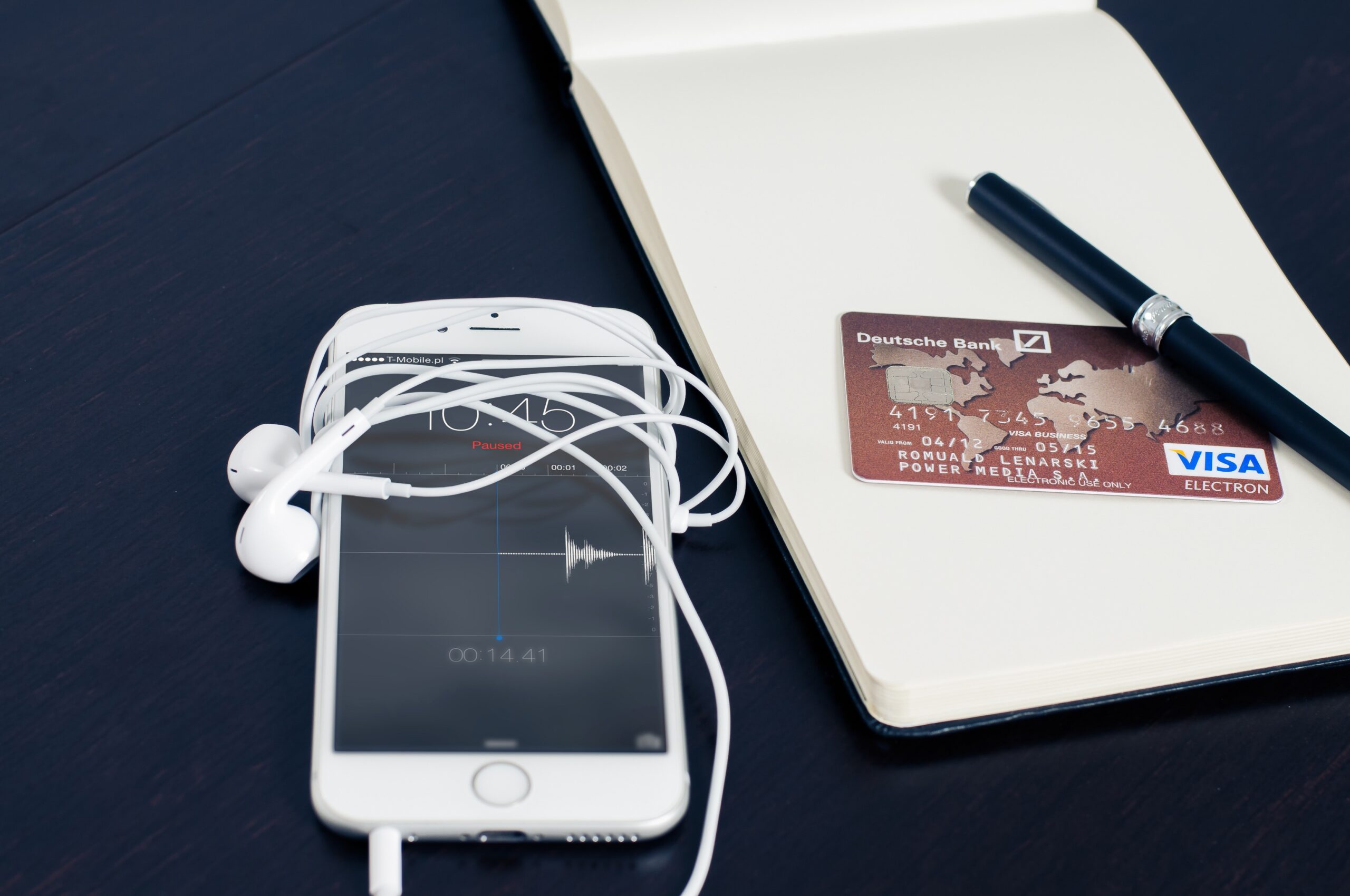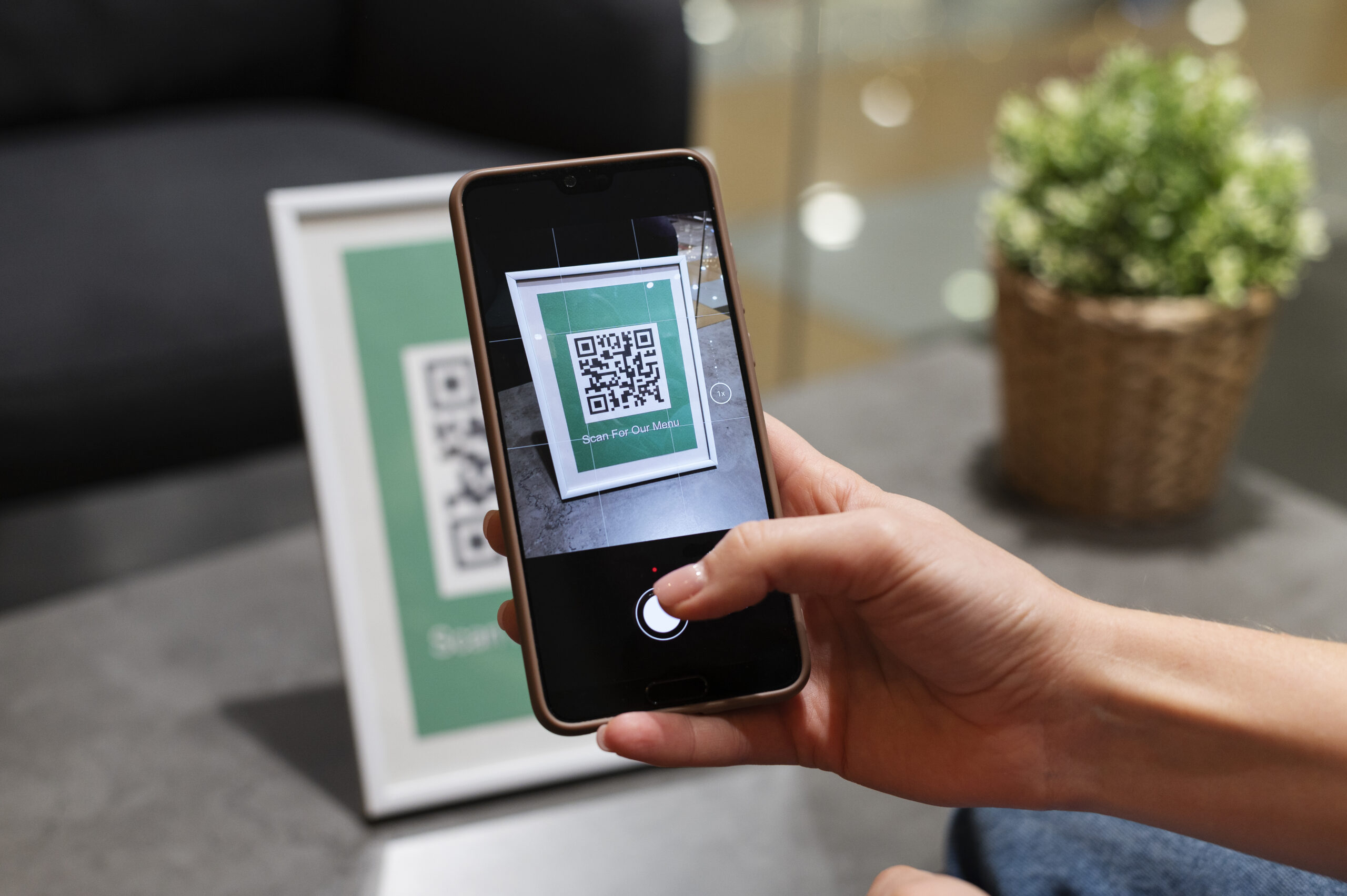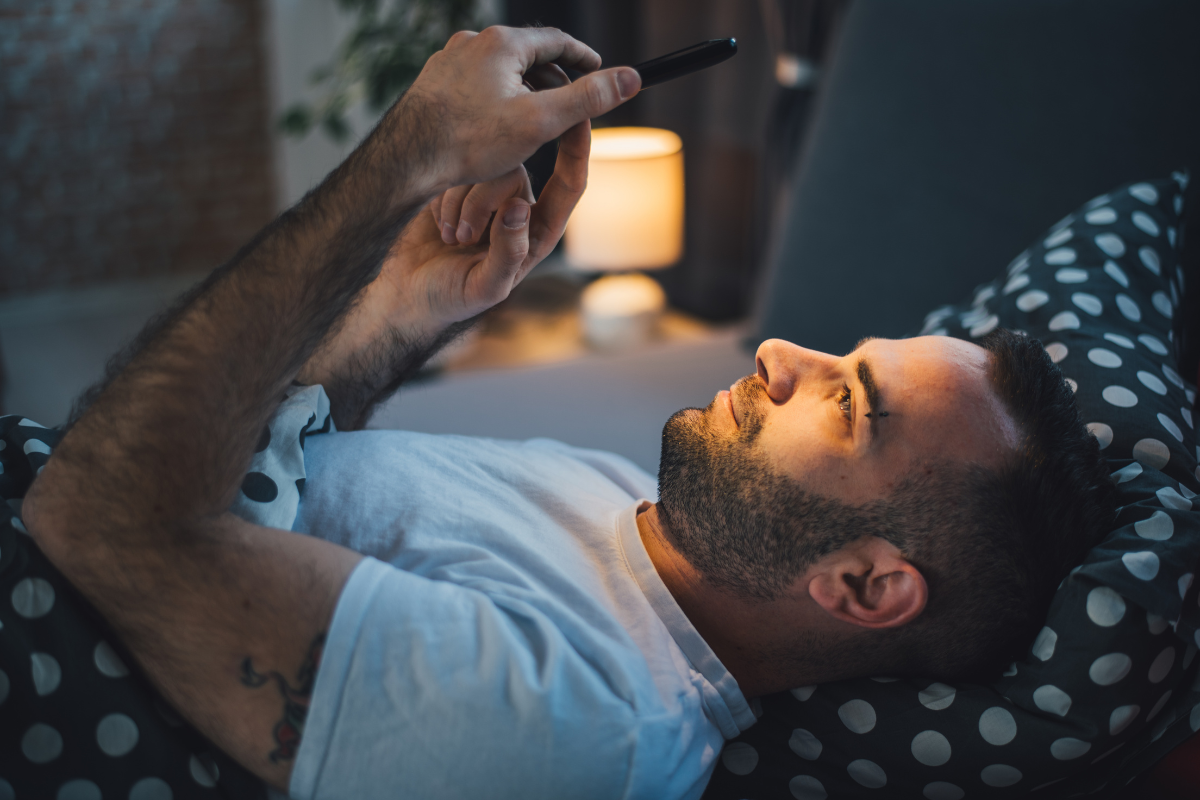Check out these tips and protect your personal data on your cell phone. They are simple and practical!
As technology advances, cell phones have become our right-hand man, storing personal information, photos, messages, accounts and much more. As a result, this connectivity can pose risks to our privacy if this information falls into the wrong hands. Currently, criminals and scammers take advantage of flaws in the cell phone system to access information and make banking transactions, commit scams and also blackmail victims with sensitive private material, such as messages and intimate photos.
With these constant cases of personal information theft, protecting cell phone data has become a priority for many. To do this, users can follow some fundamental tips to ensure the security and privacy of their cell phone. Some tips include: keeping the operating system updated, using strong passwords, and activating data encryption.
If the security of your data is also a priority for you, check out these tips now and don't let your personal information fall into the wrong hands!

Keep your operating system up to date
Maintaining your cell phone's operating system is a way to protect your device from threats, whether it is Android or iOS. Frequent updates add features to your device, but they also fix security vulnerabilities. By delaying updates, you leave your device more vulnerable to potential hacks.
Keeping your phone up to date is very easy. Just set up automatic updates on your phone, allowing the system to update itself. This practice will ensure that you are always protected and that your data is safe.
Use strong passwords and biometrics
Passwords are one of the main factors in protecting your cell phone. Always choose strong passwords that include uppercase and lowercase letters, numbers, and symbols. It is best to avoid obvious passwords, such as sequences of numbers and letters.
Additionally, you can use biometric authentication as facial recognition and fingerprint, adding an extra layer of protection. It’s also ideal to have a unique password for each app. Using a password manager can make it easier to store and create strong passwords.
App permission management
Mobile apps often request permissions to access personal information. It’s a good idea to review and manage permissions carefully. Make sure apps only have access to the information they need to function properly.
Review your phone’s permission settings and don’t accept any that seem excessive. This step is essential to controlling who has access to your personal data.
Use secure Wi-Fi networks
When connecting to the internet via Wi-Fi, make sure you’re on a secure network. Always avoid unsecured public Wi-Fi networks, which can be easy targets for hackers. Whenever possible, use a virtual private network (VPN) to protect your data while browsing the web.
A VPN encrypts your communications, making them virtually undetectable to others. This is especially important when making transactions or accessing sensitive information on your phone.
Enable encryption
Enabling data encryption is like locking your information in a safe. The content becomes unreadable to anyone who doesn’t have the right key to decrypt it, even if your phone is lost or stolen.
Encryption is an additional layer of security that protects data such as messages, photos, documents, and more.
Be aware of privacy settings
Every phone and operating system offers customizable privacy settings. Take some time to review and adjust these settings to suit your preferences. Customizing your settings allows you to decide what information you want to share and with whom you want to share it.



